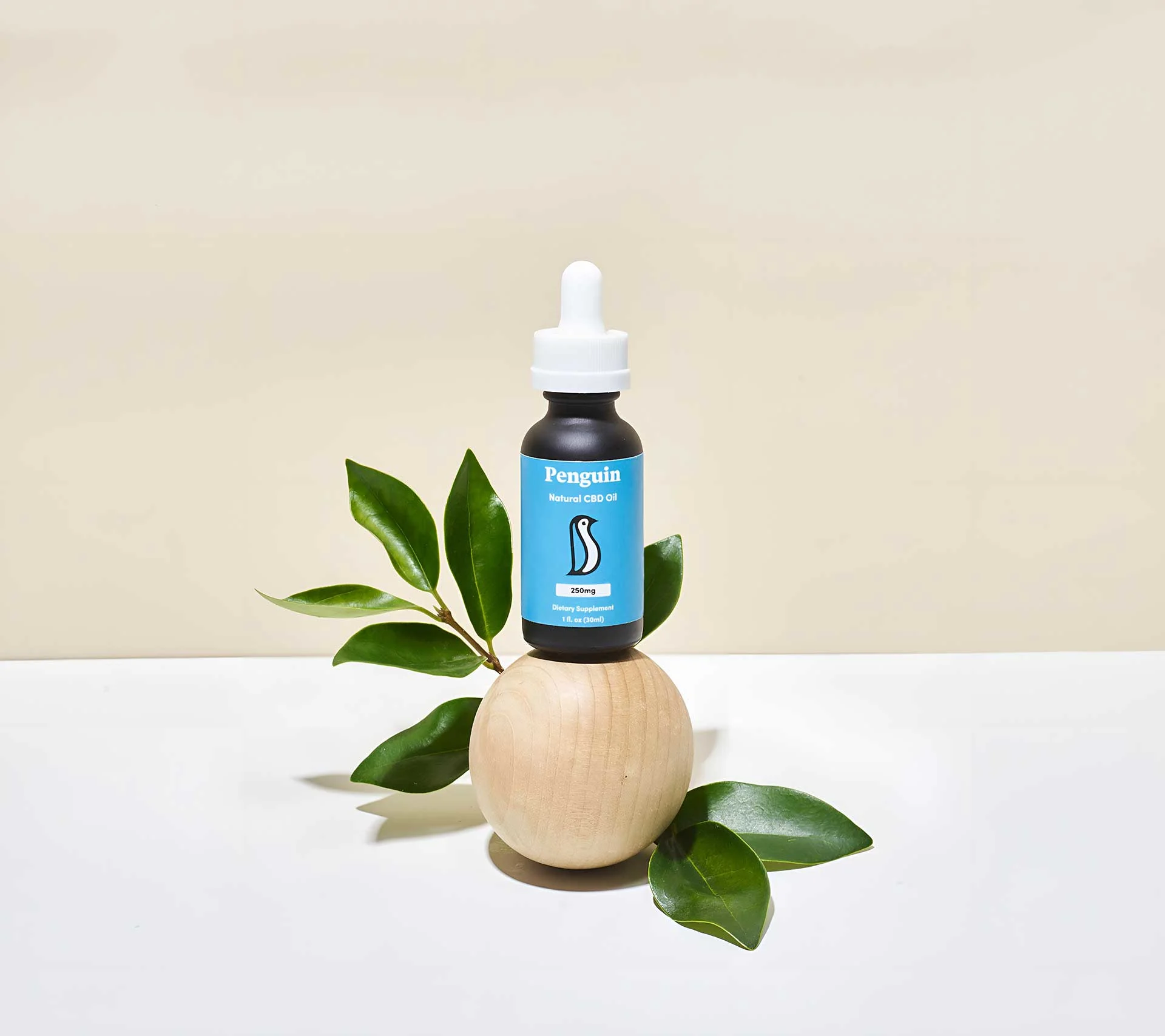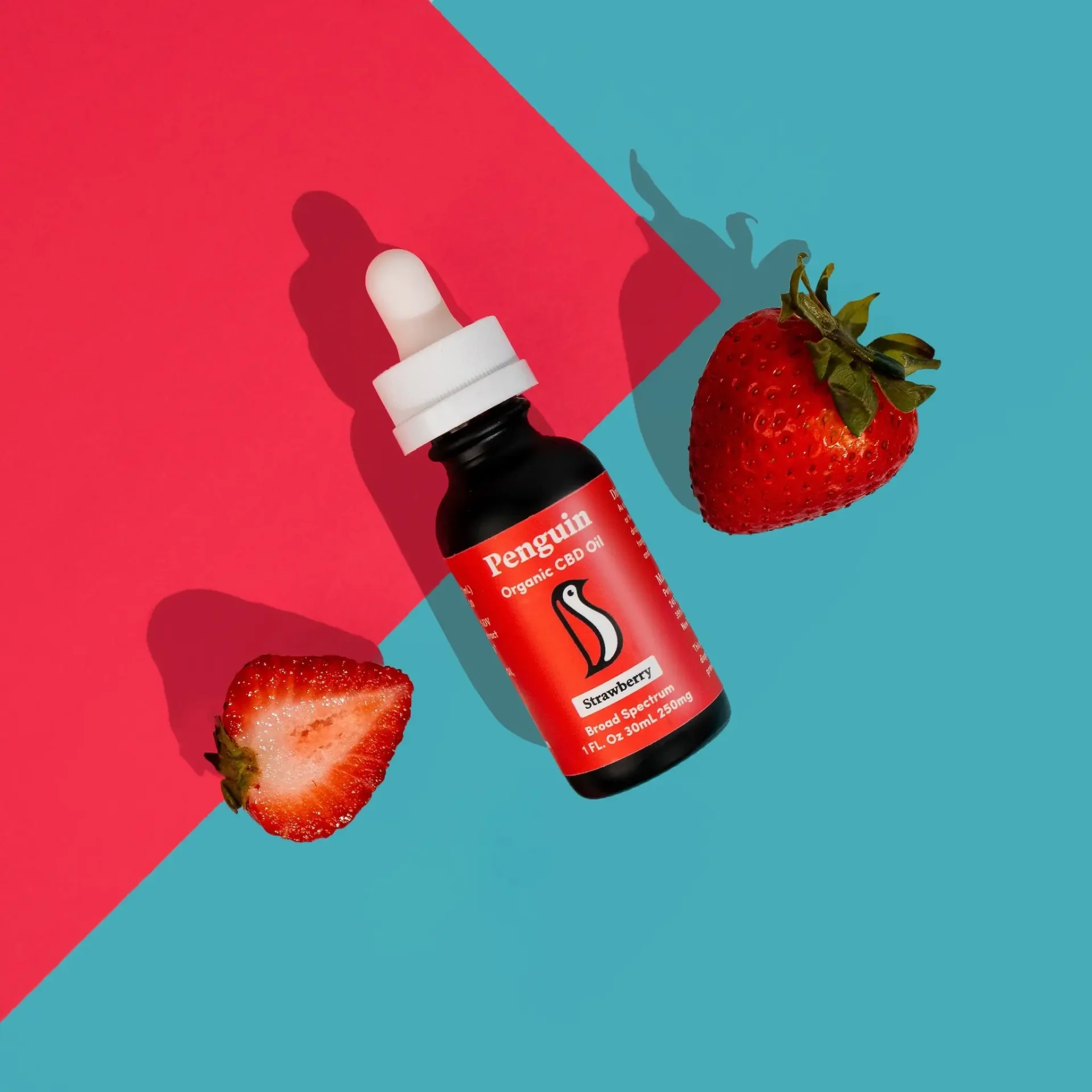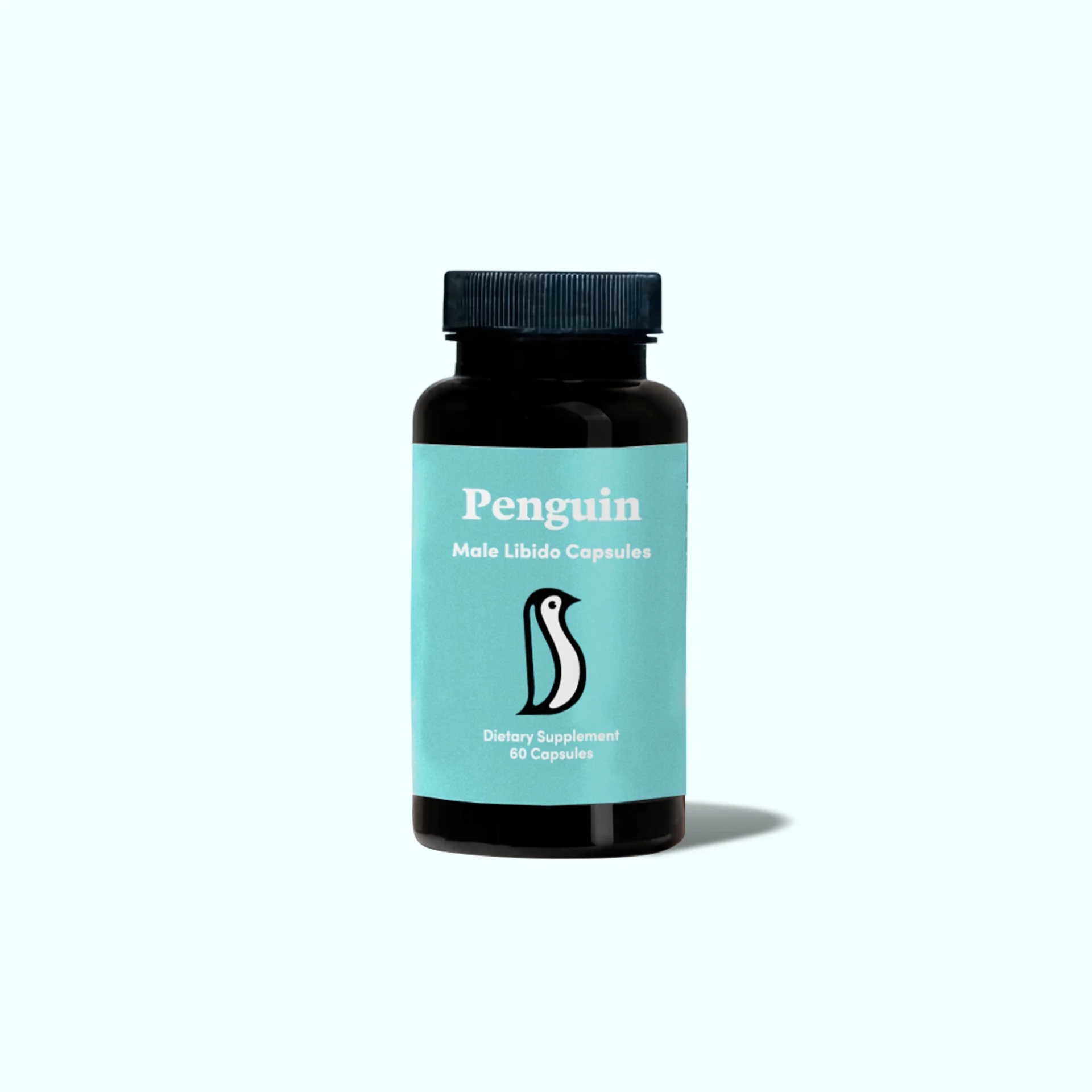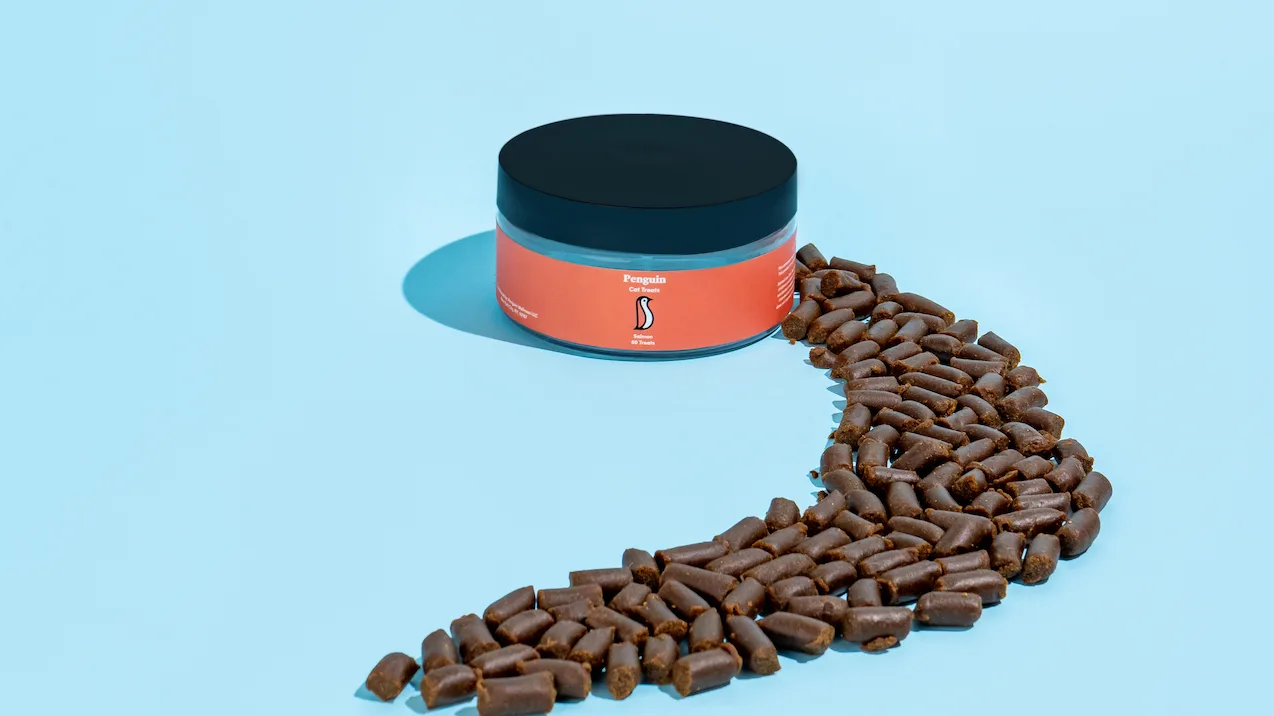What Is CBD? Here’s Your Quick Guide
 By Max Lee
By Max LeeCBD, which is short for cannabidiol, has become immensely popular in recent years. What many people thought would be a niche product is now a major player in the wellness industry and can be found in products like gummies, oils, creams, vapes and even food and drinks.
But what is CBD? If it comes from cannabis, does it get you high? Can you use it safely? These are all valid questions. Let’s explore the nature of CBD and why people are so excited about it.
Where Does CBD Come From?
CBD is one of over 100 compounds called cannabinoids found in cannabis. It’s the second most prevalent compound after THC, which you are likely familiar with. Both molecules have similar chemical structures, but their atoms are arranged differently enough that ingesting CBD does not result in the sense of euphoria THC provides.
CBD is native to all varieties of the cannabis plant. CBD products in the United States, however, are derived from a strain called hemp, which has a significantly lower amount of THC than other kinds (0.3 percent, to be precise).
Hemp is a bioaccumulator, which means it absorbs substances from its surroundings — including toxins like heavy metals, fertilizers and pesticides that may be present in the soil it grows in.
Hemp farmers and CBD manufacturers need to remove these toxins during the extraction process or risk harming customers. You can verify if a retailer sells pure CBD by looking on its website for third-party lab reports and reading the results.
Manufacturers can use different methods to extract CBD from hemp, such as:
- Carbon dioxide
- Liquid solvents
- Oil infusion
- Distillation
- Winterization
Carbon dioxide extraction is one of the more popular techniques. Once the CBD and other cannabinoids (like CBN and CBG) are extracted, manufacturers can then make it into gummies, creams, oils, tinctures and other edible or topical products.
How Does CBD Work?
CBD achieves its effect on your body thanks to your endocannabinoid system, or ECS (“endo” means “inside”). Wait...endocannabinoid system? Why do we have a system in our bodies named after cannabis? In fact, countless species have one, but scientists discovered cannabinoids in the cannabis plant first, thus the name.
Though a relatively recent discovery, your endocannabinoid system is crucial to managing your body’s equilibrium. It is a comprehensive network of receptors, neurotransmitters and enzymes that help ensure your body maintains homeostasis. Scientists once thought that only the brain hosted endocannabinoid receptors, but they have been found throughout the body, including the skeleton, liver, heart, blood vessels and immune cells.
Your body has two known types of cannabinoid receptors (though there may be more): CB1 and CB2. The former are located in your central nervous system, while the latter are found in your peripheral nervous system (i.e., your extremities instead of your brain and spinal cord).
THC bonds well with your CB1 receptors, while CBD attaches better to CB2 receptors, which is why it does not induce a high.
Is CBD Legal?
CBD’s legal status can be confusing. It was illegal not long ago, but the Agricultural Improvement Act of 2018 — also known as the Farm Bill — legalized industrial hemp. This change opened the doors to broader commercial hemp cultivation and, by extension, CBD.
The Farm Bill moved CBD from the DEA’s purview to the FDA’s. It is arguable that CBD is legal at the federal level as long as it contains 0.3 percent THC or less.
However, individual states maintain the right to enact and enforce their own laws regarding CBD production and sales. States like Colorado, for instance, allow CBD to be sold for recreational use to consumers 18 and older. CBD is similarly legal in Oregon, but retailers must follow certain advertising rules. States like New Hampshire allow citizens to buy CBD with certain restrictions.
Though CBD falls under the FDA’s jurisdiction, the organization is not particularly militant about monitoring the industry. Most people in the United States can order CBD products online, but their states may enforce rules about crossing state boundaries with them.
Is CBD Safe?
CBD is generally regarded as safe to consume. However, it is imperative to be careful about the CBD products you purchase because the industry’s lack of regulation, unfortunately, leaves room for subquality retailers to sell inferior products without many repercussions.
Some retailers may mislabel their products with the amount of CBD included — it could be more than advertised, or none at all. It’s also possible to make products with synthetic CBD instead of the natural compound.
As mentioned previously, hemp is a bioaccumulator. Ingesting CBD products that contain toxins could be hazardous to your health, so you should only purchase CBD from companies that test their products for purity and potency through third-party laboratories. Lab results should be easily accessible online; if they’re not present, it’s best not to trust the retailer.
You should also avoid sellers that make unsubstantiated claims. CBD may provide wellness benefits, but any company that claims CBD can cure an illness (or one that markets CBD as a dietary supplement) is not one you want to do business with.
The FDA has sent warning letters to violators in the past, but until the organization is able to practically enforce industry regulations, it’s in your best interest to be selective about the CBD you purchase.
Will CBD Show Up on a Drug Test?
CBD normally should not show up on a drug test, but there are rare occasions when it may. For instance, your chosen product may contain trace amounts of THC that are enough to trigger a positive result, or the kind of test may be unable to differentiate between CBD, THC and other cannabinoids.
If you are subject to frequent drug tests and want to err on the safe side, avoid “full-spectrum” products that contain THC (even in small amounts) and be sure to purchase from a reputable seller that doesn’t mislabel its products.
What CBD Products Can I Buy?
CBD products are wide-ranging. Some of the most popular include:
CBD Oil
CBD oil is one of the most common CBD products thanks to its accessibility and versatility. It also came first, so it set the format for all subsequent products. Many CBD oils come in different flavors and are made with various kinds of oil to make them more palatable (such as MCT or coconut oil). If the oil retains the “earthy” flavor of hemp, you can always drop it under the tongue.
CBD Gummies
Another popular way to consume CBD is in gummy form. Not only are gummies delicious, but they’re easily portable, so you can take one as needed throughout the day. CBD gummies also make it easy to measure your dosage because each individual candy contains a certain concentration of cannabidiol.
CBD Capsules
If you want to reap the benefits of CBD while skipping flavor entirely (perhaps you don’t like how oil tastes, or want to avoid the sugar content of gummies), CBD capsules are an efficient way to get your desired dose of CBD without having to guess how much you’re ingesting.
CBD Topicals
You don’t have to swallow CBD to feel its effects: You can apply it directly to your skin in cream or lotion form. CBD creams are easy to add to your skincare routine and often smell delightful.
Full-Spectrum, Broad-Spectrum or Isolate?
When shopping for CBD products, it is important to know that they come in three varieties:
- Full-spectrum: Full-spectrum products contain CBD and other cannabinoids and terpenes found in cannabis that promote wellness, including 0.3 percent or less THC.
- Broad-spectrum: Similar to the above, broad-spectrum products allow you to enjoy the entourage effect of CBD along with other healthy compounds — though without the THC, in case you don’t want to have it in your system. This is the type of extract we use for our Penguin CBD oil, capsules, and creams.
- CBD isolate: CBD isolate products contain only CBD (besides the delivery oil or other non-cannabinoid ingredients). CBD isolate may not be as effective as broad-spectrum, but some people prefer CBD isolate gummies because they have a cleaner taste.
How Did CBD Become Popular?
People around the world have used cannabis for medicinal purposes for centuries, but until recently, it has been stigmatized in the United States. How did CBD become so popular despite hemp’s proximity to marijuana?
The likely explanation is that people who stigmatize marijuana and THC are more amenable to hemp and CBD because they don’t induce a high. There has also been greater public education about cannabis, its various strains and research into its benefits in recent years.
Though CBD is certainly not an elixir that will solve everyone’s problems, the FDA is intrigued by its potential and research into its properties is ongoing.
The 2018 Farm Bill makes CBD more accessible to consumers around the country, and the research firm Brightfield Group reports that CBD sales are anticipated to reach $4.7 billion by the end of 2020 (factoring in the COVID-19 pandemic), and may reach $23 billion by 2023.
Is CBD for You?
This is a question that’s honestly more suited for a trained medical professional. It’s always recommended to consult with your doctor before adding CBD to your diet, as you may not be able to take it if you are on certain medications.











